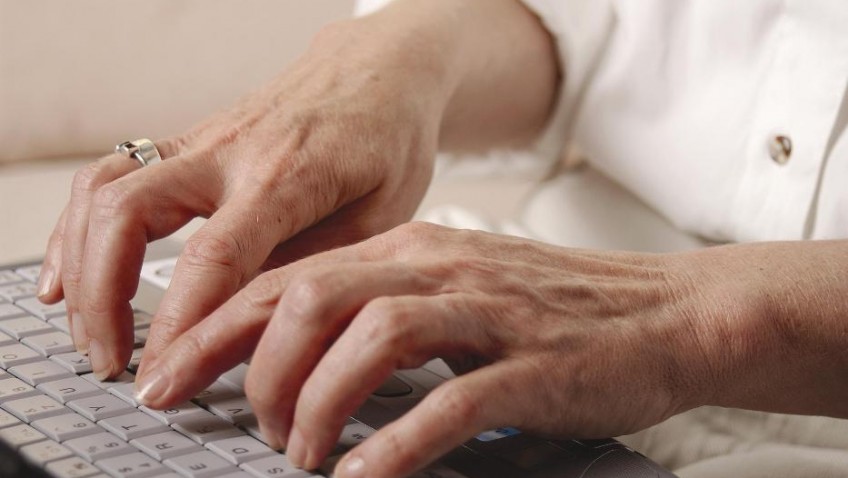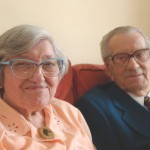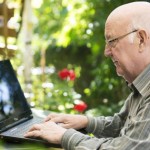This week sees the launch of Be Online, a national campaign from Tinder Foundation – the people behind Get Online Week and the UK online centres network.
More than 1,000 events will take place up and down the country between 23 February and 8 March, and the campaign aims to engage tens of thousands of people and encourage them to consider what they could be doing online.
There are still 10.5 million people in the UK who don’t have basic digital skills, and as a result are increasingly excluded from important opportunities, services and savings. It’s estimated that those online are on average £440 a year better off than those offline, and earn 3-10% more money. Digital skills also have a dramatic impact on health and wellbeing, helping to reduce isolation and improve access to health services.
Whether it’s staying healthy, finding work, keeping in touch with loved ones or just following interests and hobbies, the internet can open up new possibilities and new worlds – and simply help people live life. Betty, 76, from Doncaster, considers herself a case in point. She’s happier and healthier since she’s been using internet, which helps her keep up with family and keep on top of a serious health condition.
She says: “I found that I was spending a lot of time at home on my own, but I kept hearing from friends and family that the internet could help me keep in touch with people, so I invested in my own laptop. I knew that being online my stop me feeling quite so isolated but what I didn’t know was that I could even use it for health things!”
Betty has post-polio syndrome, having suffered from the disease as a child, and the long term effects means she’s always been a regular at her GP. Now she’s making her appointments online, ordering repeat prescriptions, and reading up on her condition before she heads to the surgery.
She continues: “I had no idea just how much information was on the internet. I did a search for post-polio syndrome and found things that no doctor had ever told me. Now that I can check symptoms online, it means I don’t feel the need to run off to the doctor at every slight cough or a headache. Considering everything, I feel great. I’m saving my energy, saving time – and my doctor’s time – and I’m more in control of my health than I ever have been before. That means a lot to me.”
Helen Milner, Chief Executive at Tinder Foundations says: “Be Online is a chance for more people like Betty to see how the internet could help them live life – and love life. It doesn’t matter how old you are, or what you’re interested in, it’s our job over the next two weeks to help you Be Online.
“Our event holders will be out and about in local communities spreading the word about the internet, and helping people get to grips with the barriers that stop them using it – whether that’s access, skills, expense, safety fears, or the feeling it’s just not relevant to them. Together, I know we can help more people explore the online world, and make up their own minds about it. Come along to an event and challenge us to make it work for you!”
Be Online sessions will be taking place in cafes and pubs, Jobcentres and health centres, libraries and church halls, and everyone is welcome. To find your nearest event, call free on 0800 77 1234 or search at www.ukonlinecentres.com/
To follow the progress of the campaign online, look out for #BeOnline2015 on Twitter.




